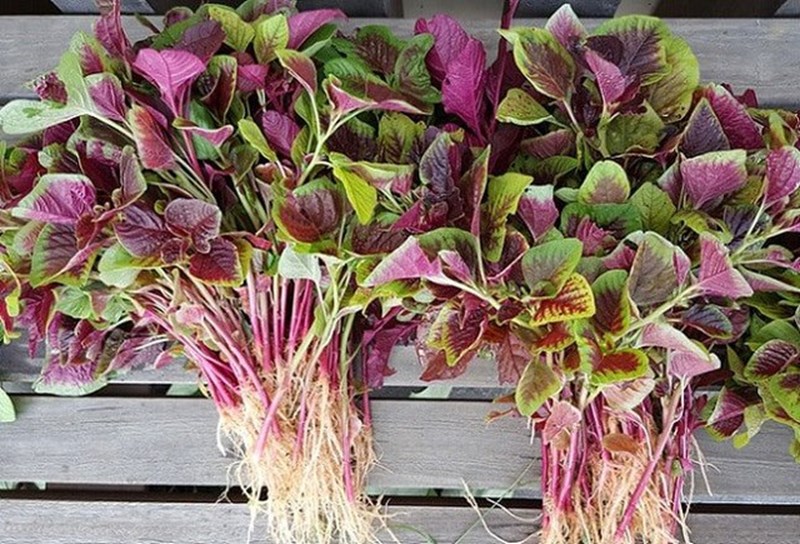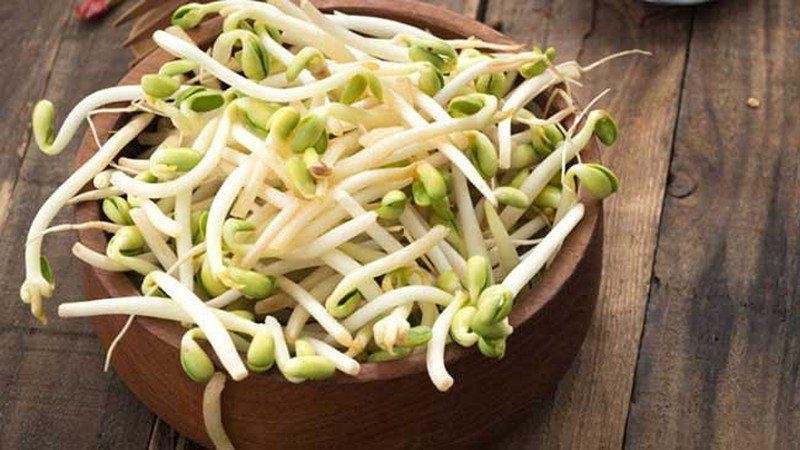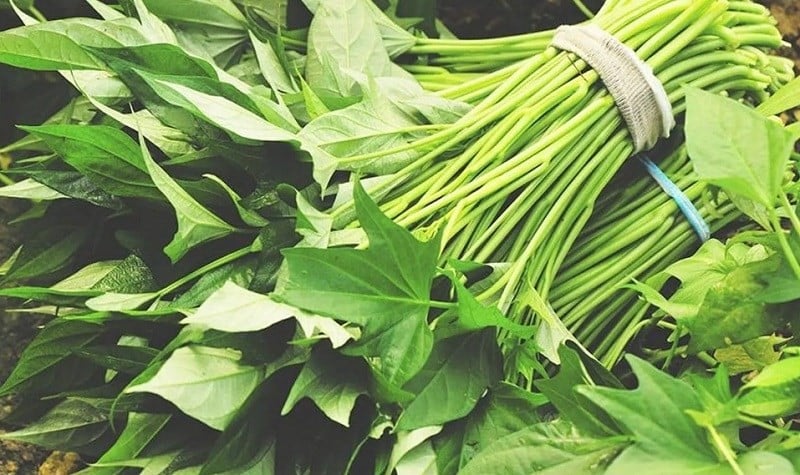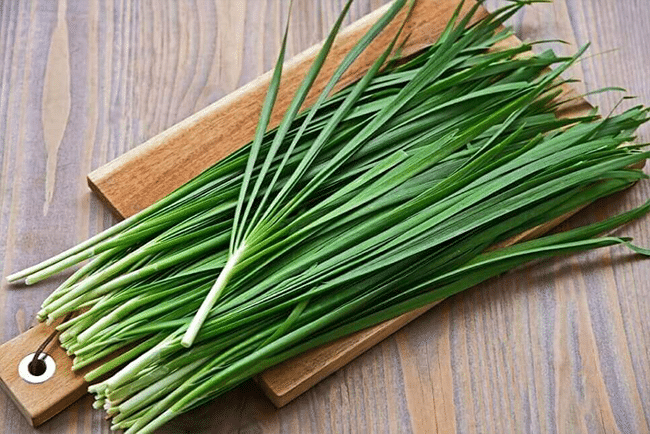4 cheap vegetables that are "more nutritious than meat"
Spinach

Photo: Internet.
According to oriental medicine, amaranth has many varieties such as red amaranth, rice amaranth, and spiny amaranth. The vegetable has a sweet, cool taste and contains many nutrients necessary for the body. The iron content in amaranth is quite high, and it is the king of iron among vegetables.
Using amaranth can help reduce inflammation, good for bones, prevent cardiovascular disease, diabetes. If eating amaranth regularly also helps stabilize blood sugar, improve type 2 diabetes.
Amaranth also has the ability to reduce cholesterol levels in the body. In addition, tocotrienol - a type of vitamin E found in this vegetable also helps eliminate bad cholesterol and prevent coronary artery disease.
This vegetable also contains high fiber content (3 times more than wheat). Therefore, it can help you improve your digestive system and prevent constipation.
This is also a very good vegetable for children and the elderly. Water boiled from fresh amaranth leaves also helps treat diarrhea, bleeding and dehydration.
Also, along with carrot juice, the cleansing properties of beetroot juice are very effective in curing ailments related to gallbladder and kidneys.
Bean sprouts

Eating bean sprouts regularly will help supplement our body with essential nutrients, improve metabolism, support detoxification, purify the body; increase bone density, making bones stronger; maintain stable cholesterol levels, thereby protecting the heart; promote digestion, support weight loss; reduce stress; strengthen the immune system...
Sweet potato leaves

Sweet potatoes are considered by many to be “cheap ginseng”. The tops and leaves of sweet potato have 3 times more vitamin B6, 5 times more vitamin C, and 10 times more vitamin B than sweet potatoes.
In addition, sweet potato leaves contain abundant antioxidants, rich in vitamins C, A, K, vitamins B1, B2, B3, folic acid, fiber, and nutrients much more than many other vegetables.
Thanks to that, sweet potato leaves bring benefits such as helping to reduce the risk of liver disease and stomach cancer, helping to reduce anxiety, stress, depression, supporting weight loss, fighting cancer, anti-inflammatory, reducing and curing constipation, enhancing immunity and preventing infectious diseases.
Chives

According to traditional medicine, chives are hot in nature, when cooked they are warm, spicy, and enter the liver, stomach, and kidney meridians. Chives have the effect of warming the middle, promoting qi, dispersing blood stasis, and detoxifying. They are often used in the treatment of chest pain, hiccups, falls, and injuries, etc.
The root of the chives plant is warm and spicy, has the effect of warming the middle, promoting qi, and dispersing blood stasis. It is often used to treat chest and abdominal pain due to food accumulation, vaginal discharge, itching, etc.
According to modern research, chives contain many beneficial nutrients that may provide a number of health benefits, including anti-cancer effects.
Effects of green vegetables
Good for skin:
Some of the important skin-protecting nutrients in vegetables include beta-carotene, vitamin C, and other antioxidant phytonutrients. Vegetables are some of the best sources of these beneficial nutrients.
In particular, eating plenty of vegetables every day can help soothe chronic inflammation, which helps slow down the aging process, which accelerates the appearance of wrinkles and collagen loss.
Good for eyes

According to information on Sohu, nutrients in vegetables that support eye health include vitamins A, C, carotenoids and other phytonutrients that help maintain vision.
Several studies have shown that lutein and zeaxanthin, carotenoids found in many colorful and leafy green vegetables, help reduce the risk of age-related macular degeneration and cataracts.
These nutrients filter UV rays that are thought to increase the risk of age-related macular degeneration (AMD) and cataracts.
The Age-Related Eye Disease Study (AREDS) found that zinc, copper, vitamins C, E, and beta-carotene, lutein, and zeaxanthin reduced the risk of age-related eye health decline by 25%.
Improve gut health
Vegetables are one of the food groups highest in fiber, and the fiber in vegetables helps improve gut microbiota.
Reduce the risk of heart disease
According to Eat This, Not That, a diet rich in vegetables can lower blood pressure and reduce the risk of heart disease and stroke.

A diet rich in vegetables can lower blood pressure and reduce the risk of heart disease and stroke.
Research shows how a plant-based diet improves your overall heart health.
 Is it better to eat the "King of Fruits" green or ripe?
Is it better to eat the "King of Fruits" green or ripe?Source



![[Photo] Prime Minister Pham Minh Chinh receives Country Director of the World Bank Regional Office for Vietnam, Laos, Cambodia](https://vphoto.vietnam.vn/thumb/1200x675/vietnam/resource/IMAGE/2025/5/15/2c7898852fa74a67a7d39e601e287d48)
![[Photo] President Luong Cuong attends the National Ceremony to honor Uncle Ho's Good Children](https://vphoto.vietnam.vn/thumb/1200x675/vietnam/resource/IMAGE/2025/5/15/9defa1e6e3e743f59a79f667b0b6b3db)


![[Photo] In May, lotus flowers bloom in President Ho Chi Minh's hometown](https://vphoto.vietnam.vn/thumb/1200x675/vietnam/resource/IMAGE/2025/5/15/aed19c8fa5ef410ea0099d9ecf34d2ad)






























































































Comment (0)